
Our mission is to empower underprivileged and vulnerable communities in the US and Africa through education, healthcare, and community development programs.
Through our education support program, we seek to provide healthcare accessibility, identify training opportunities and poverty reduction through Christ-centered and holistic healthcare programs.
- Increase access to healthcare services and resources for vulnerable communities in the US and Africa through partnerships with local healthcare providers and organizations.
- Develop and implement healthcare education programs to promote preventative care and healthy behaviors.
- Support initiatives to improve healthcare infrastructure and resources in communities served.
- Provide financial assistance and other resources to individuals and families to access necessary medical care and treatments.
Through our healthcare campaigns and training, we seek to empower vulnerable children and youth in the US and Africa with information about issues that affect development such as climate change, AI and machine learning etc.,


Technology is transforming how health care is delivered in Africa, giving more people in remote areas there and around the world access to better care. Likewise, easier access to data helps both doctors and policymakers make better-informed decisions about how to continue to improve the system.
Even with these strides, however, the continent’s health care system faces big challenges. The health care professionals on the ground in Africa know the frustrations firsthand: counterfeit pharmaceuticals; medical clinics limp along without it; much-needed medical equipment such as MRI machines getting caught up in the gridlock of international customs.
Access is still the greatest challenge to health care delivery in Africa. Fewer than 50% of Africans have access to modern health facilities. Many African countries spend less than 10% of their GDP on health care. Also, there is a shortage of trained health care professionals from Africa because many of them prefer to live and work in places like the U.S. and Europe.
Africa, too, is confronting an increased demand beyond the treatment of AIDS, malaria, and other communicable diseases to address the noncommunicable ones such as hypertension, which are growing as the middle class increases.
Our approach to healthcare support is to identify the obstacles to healthcare that affect vulnerable children and youth and provide the need support to mitigate the impact. We adopt a systematic approach to ensure that we achieve the desired results.
First Step
Second Step
Third Step
Fourth Step
Much of the current focus of health care delivery in Africa is on traditional and visible factors like HIV and malaria. However, changes in lifestyle and a growing middle class are making noncommunicable diseases like cardiovascular disease, cancer, and diabetes big issues among populations. Rapid urbanization and increased Westernization of lifestyles among the middle classes is causing an increase in the risk factors that cause noncommunicable diseases. Help us today to end education exclusion in Africa!
